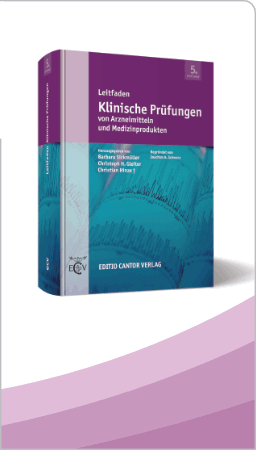Carbamazepine Multisource Products In vitro assay of drug release performance and polymorphism Diego E. Kassuha1, Verónica Steigerwald1, Sonia N. Faudone2, Silvia L. Cuffini2, Norma R. Sperandeo1 1 Departamento de Farmacia, Facultad de Ciencias Químicas, Universidad Nacional de Córdoba, Córdoba (Argentina) Corresponding author: Prof. Norma R. Sperandeo, PhD., Departamento de Farmacia, Facultad de Ciencias Químicas, Universidad Nacional de Córdoba, Ciudad Universitaria, 5000-Córdoba, Argentina; e-mail: nrscor@fcq.unc.edu.ar The establishment of the quality of pharmaceutical products at marketing stages remains an important issue. Thus, the aims of this study were to evaluate the dissolution characteristics of 200 mg carbamazepine (CBZ) (CAS 298-46-4) multisource products obtained from the Argentinian market and to determine the polymorphic form of the active pharmaceutical ingredient in comparison with the reference product (Tegretol). Dissolution behaviour was evaluated with USP apparatus 2 in 1 % sodium lauryl sulphate (SLS) and in buffers of pH 1.2, 4.5 and 6.8. The polymorphic state of CBZ in tablets was investigated using X-ray powder diffraction (XRPD) and differential scanning calorimetry (DSC). In SLS all formulations passed the Argentinian compendial specification at 60 min, one failed at 15 min and two matched the innovator profile; whereas, in the three media commonly used to establish similarity among multisource products the tablets showed wide differences. XRPD and DSC analyses revealed that all formulations contained the USP polymorph, but the innovator contained in addition the trigonal one. It can be concluded that the tested products had polymorphic equivalence but they showed marked differences regarding dissolution. However, since the formulations have been considered as bioequivalent to the reference product, and they comply with the proposed dissolution rate specification that ensured bioequivalence for 200 mg CBZ products, i. e. “after 20 min, 34–99 % dissolved in SLS”, the results appears to confirm the validity of this rule for the assayed products. |
|
|
pharmind 2009, Nr. 10, Seite 1776




